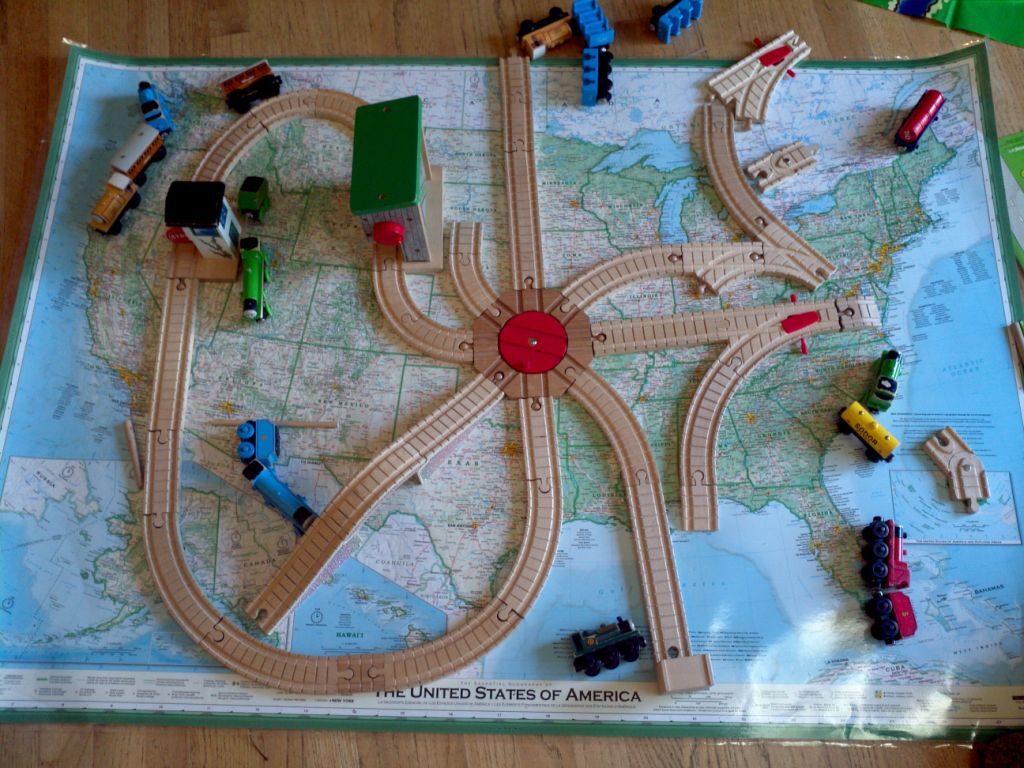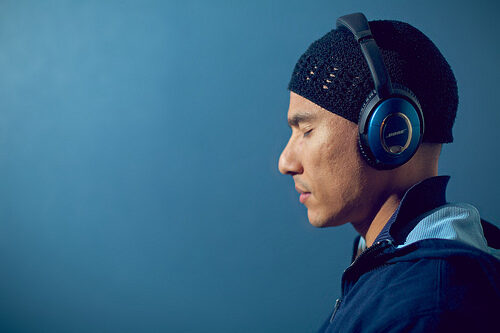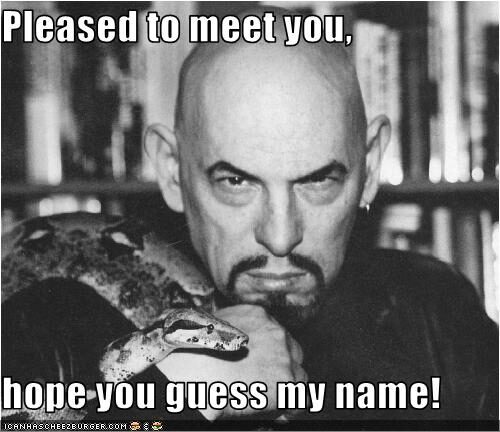Finding gifts autistic kids and adults appreciate isn’t that hard—if you actually find out what individual people like, and you remember that everyone has their own interests and preferences (and that they’re sometimes the exact opposite of other autistic people’s interests and preferences).
Category: Autistic
For people with sensory access needs (like reactions to scented products), accommodations are not acts of good faith or favors, they are our rights!
For someone like me—so sensitive to noise that I can actually perceive the bio-mechanical sounds of my own ears ringing aloud—my headphones are an incredible blessing.
“It’s hard a lot of the time to know what I’m supposed to be paying attention to, what’s relevant to that particular conversation. I have to sift through all of the data and consciously keep track of what matters, and what doesn’t.”
I bring a bag of things to do—a book, a journal and pen, a music player and headphones—for when I need to chill out. If I get too overwhelmed, I take a walk in the cold air. When I take enough breaks to disengage, I can enjoy spending time together with large groups of relatives!
On Chanukah accommodations: “All those candles A had carefully placed and lit, he blew them out. Technically that’s a no-no in Jewish rituals. But we march to the beat of our own little yiddishe drummer boy around here, and eternal or not a flame is still a flame.”
I started playing tuba at twelve, but passing for non-autistic is my longest running show. It takes more practice to fake facial expressions than make a forty-pound horn play sixteenth notes.
I am very grateful to have this new piece of information about myself. I don’t consider my diagnosis to be an answer to all my life’s problems, nor do I consider it to be a deficit. What I see it as is a new lens to see my behavior through.
My particular form of prosopagnosia (facial blindness) includes inability to recognize faces and names. For example, every year I dreaded our family reunion and the inevitable awkwardness of seeing cousins and aunts and uncles and having no idea what their names were.








